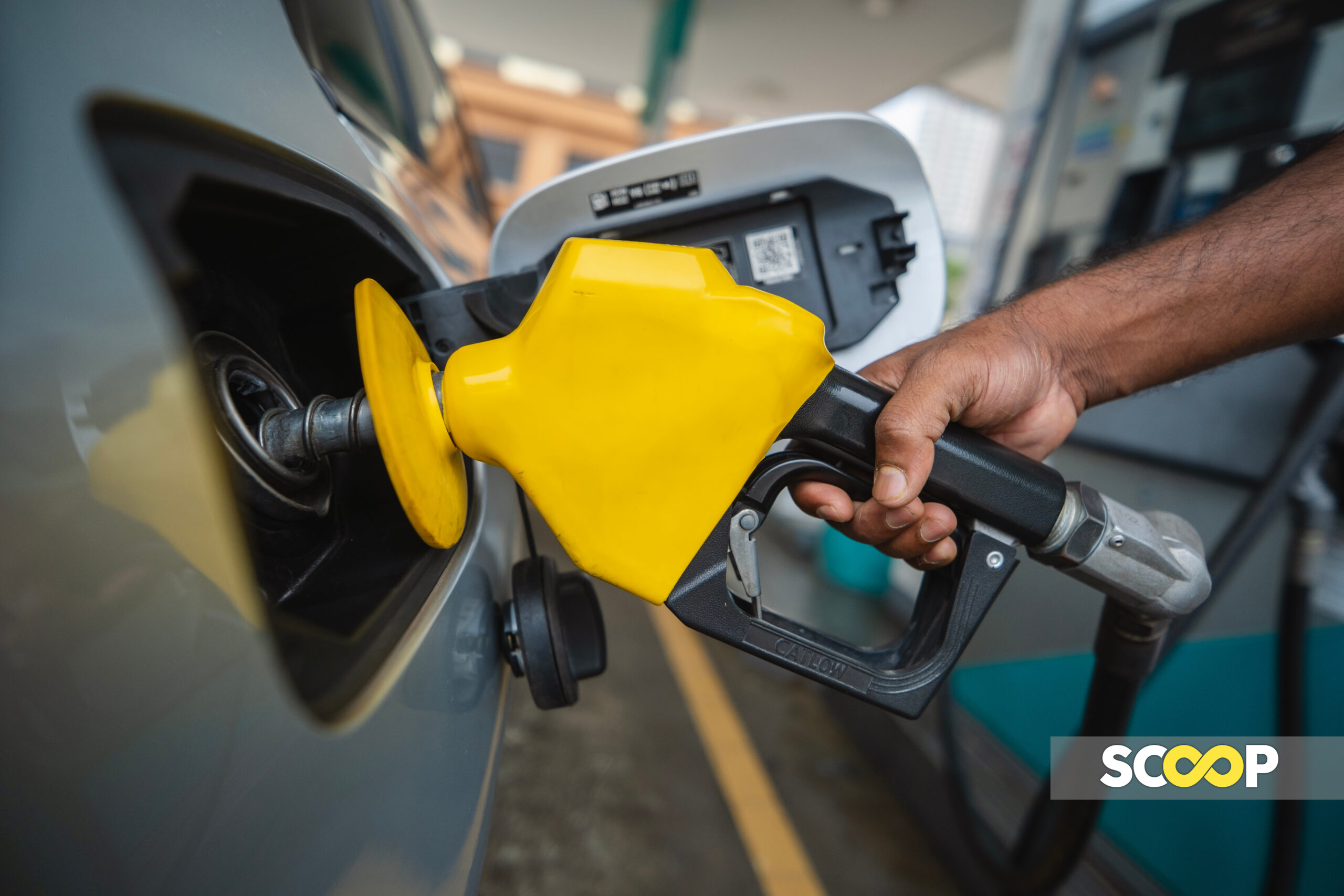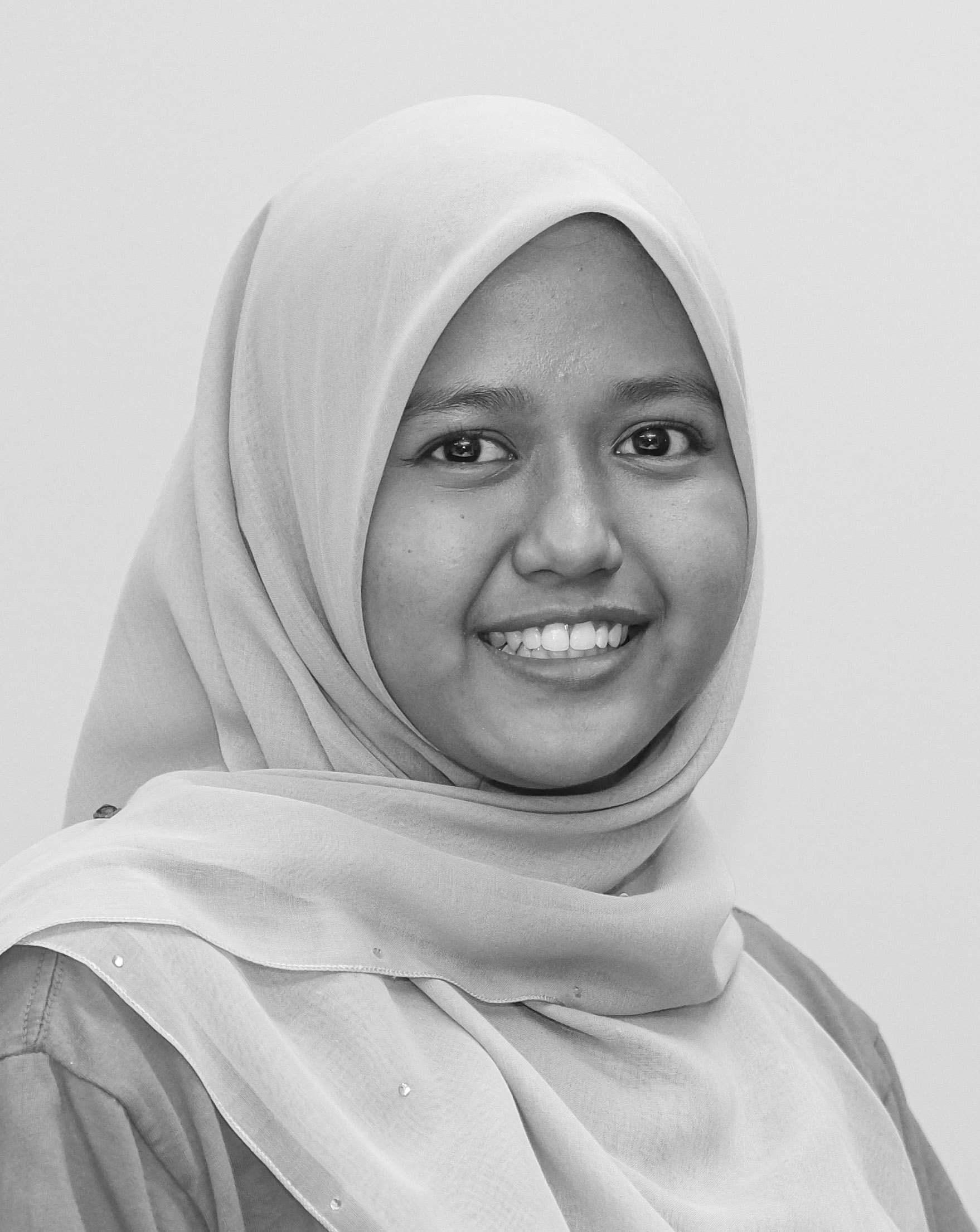KUALA LUMPUR – There has been a spate of viral videos showing vehicles from neighbouring countries such as Thailand and Singapore being filled with Malaysia’s heavily subsidised RON95 petrol, indicating a blatant disregard for local laws.
These videos depict instances where foreigners are refilling their tanks with subsidised petrol meant exclusively for Malaysians, often without the knowledge of pump attendants.
Since August 1, 2010, Malaysia has enforced a ban on selling RON95 to foreign-registered vehicles to ensure that the petrol subsidy benefits only Malaysians.
Foreign-registered vehicles have the option to purchase RON97 petrol, while diesel purchases are limited to once a day, with a cap of 20 litres, at gas stations within a 25-km radius of the Malaysia-Singapore border.
A study by the international accounting network UHY reveals that fuel prices at Malaysian pumps are comparatively low when compared to those in major global economies.
While the Thai government subsidises diesel and natural gas products, they still remain relatively expensive in comparison to Malaysia’s fuel prices.
On the other hand, the Singaporean government does not provide subsidies for petrol to its citizens.
On January 3, Prime Minister Datuk Seri Anwar Ibrahim said that the Central Database Hub (Padu), which was launched on Tuesday, was aimed at preventing further leakages of government funds and ensuring that only deserving Malaysians would receive government benefits and subsidies.
He revealed that the government had allocated approximately RM22 billion to assist the poor, especially in rural areas. However, studies have found that not all of the funds have reached the intended recipients due to various leakages in the system.
Despite the current subsidy of almost RM80 billion intended to benefit the poor, it was being enjoyed by 3.5 million foreigners as well as the wealthy, he said.
In response to these developments, Scoop has conducted a comparison of fuel prices in Malaysia, Singapore and Thailand.
Singapore
The road vehicles in affluent Singapore are fuelled by three main petrol companies: Caltex, Esso and Shell. According to The Straits Times, these stations have recently raised their prices by 3 cents per litre in response to the increase in the goods and services tax from 8% to 9%.
The report released on January 2 indicated that the price of 95-octane petrol, equivalent to Malaysia’s RON95, had increased by two cents to SG$2.83, or RM9.88 per litre.
The price of petrol per barrel in Singapore is SG$424.5, or RM1482.89.

Meanwhile, diesel sold at Caltex, Esso and Shell have also increased in price by two cents to SG$2.64, or RM9.22 per litre.
The current diesel price per barrel in Singapore is SG$395.72, or RM1381.42.
Based on the Bank Negara Malaysia (BNM) conversion rate as of January 3, SG$1 is equivalent to RM3.49.
Thailand
Thailand, on the other hand, subsidises diesel prices to support the livelihoods of its people following the expiration of the reduced excise tax.
According to Thai local reports, the government will draw money from the state-owned Oil Fuel Fund, established under the Oil Fund Office, to continue providing subsidised diesel at a retail price of THB30 per litre (RM4.04) until March 31.
Diesel per barrel in Thailand is priced at THB4,760.07, or RM640.60.

Meanwhile, the Gasohol 91 prices sold at Shell, the Petroleum Authority of Thailand (PTT), and Bangchak are THB33.78 (RM4.55), THB33.48 (RM4.51), and THB33.14 (RM4.46), respectively.
Gasohol E10 is known by motorists as Gasohol 91 or 95, which refers to their octane ratings.
Gasohol E20 – a mix of 20% ethanol and 80% unleaded gasoline – is slightly cheaper than the Gasohol 91 sold at Shell at THB33.44 (RM4.50), as well as at PTT and Bangchak at THB33.14 (RM4.46).
The petrol price per barrel in Thailand is THB6969.04, or RM937.90.
According to the conversion rate provided by BNM on January 3, THB100 is equivalent to RM13.46.
Malaysia
Malaysians, meanwhile, continue to enjoy affordable fuel prices for their vehicles as the government heavily subsidises RON95 at a fixed rate of RM2.05 per litre.
The price difference between Malaysia’s RON95 and Singapore’s 95-octane petrol is SG$2.83 (RM7.39).
In Malaysia, diesel costs RM2.15, whereas in Thailand, it amounts to RM4.06 after conversion, making it twice the price.

The relatively low fuel prices in Malaysia have compelled Singaporean and Thai citizens to choose to refuel in Malaysia.
Non-subsidised petrol, RON97, is currently priced at RM3.47 and operates on a floating price system. Nevertheless, it remains more affordable compared to the prices in neighbouring countries.
On January 3, the Finance Ministry announced the retail prices of RON97, RON95 and diesel would remain unchanged at RM2.05, RM3.47 and RM2.15 per litre, respectively, from January 4 until 10.
It said this was to protect consumers from the global price hike on fuel.
Recently, a viral video circulated on social media showing foreigners from Thailand filling their cars with RON95 in Rawang, Selangor.
Netizens were angered when a gas station attendant was seen helping them.
Domestic Trade and Cost of Living Minister Datuk Armizan Mohd Ali was reported as saying that the ministry would strengthen its enforcement efforts to tackle this issue.
He also said this issue related to the sale of RON95 would be addressed when the targeted subsidy for fuel sees implementation this year.
In November last year, Economy Minister Rafizi Ramli said the government would roll out the targeted RON95 subsidy scheme to ensure deserving Malaysians would enjoy benefits given by the government.
Rafizi said that the current model of allocating 53% of blanket fuel subsidies to the T20 income group was neither sustainable nor equitable.
The targeted subsidy will be implemented after the public’s information is gathered under the newly launched Padu system.
Malaysians were urged to register and verify their profile information in Padu before March 31.
Padu, which is now considered the most comprehensive database established by the government to date, is a system containing individual and household profiles encompassing citizens and permanent residents in Malaysia. – January 6, 2024


